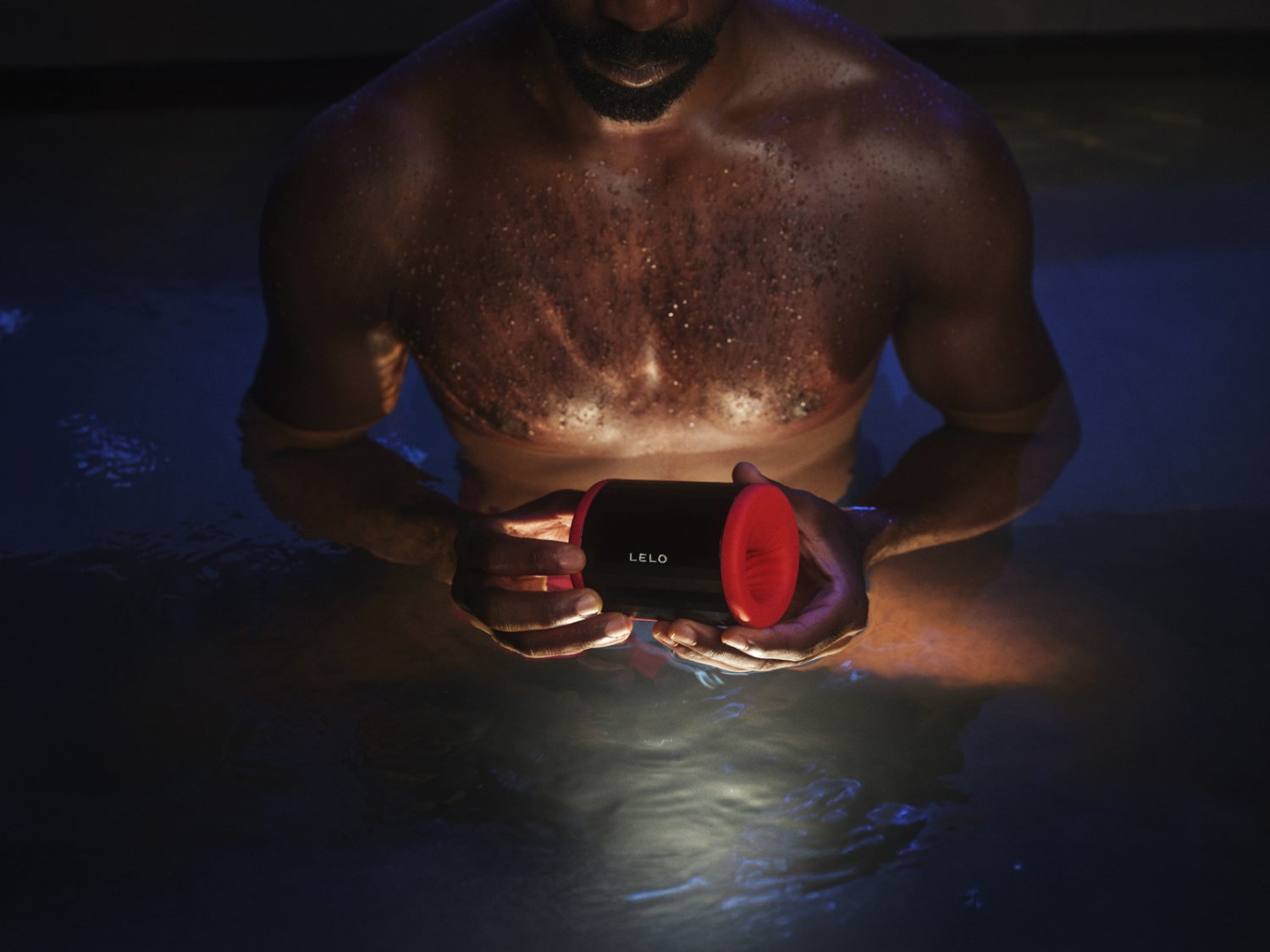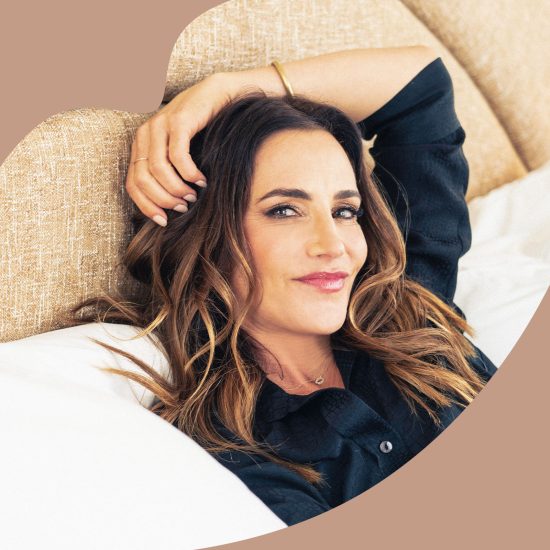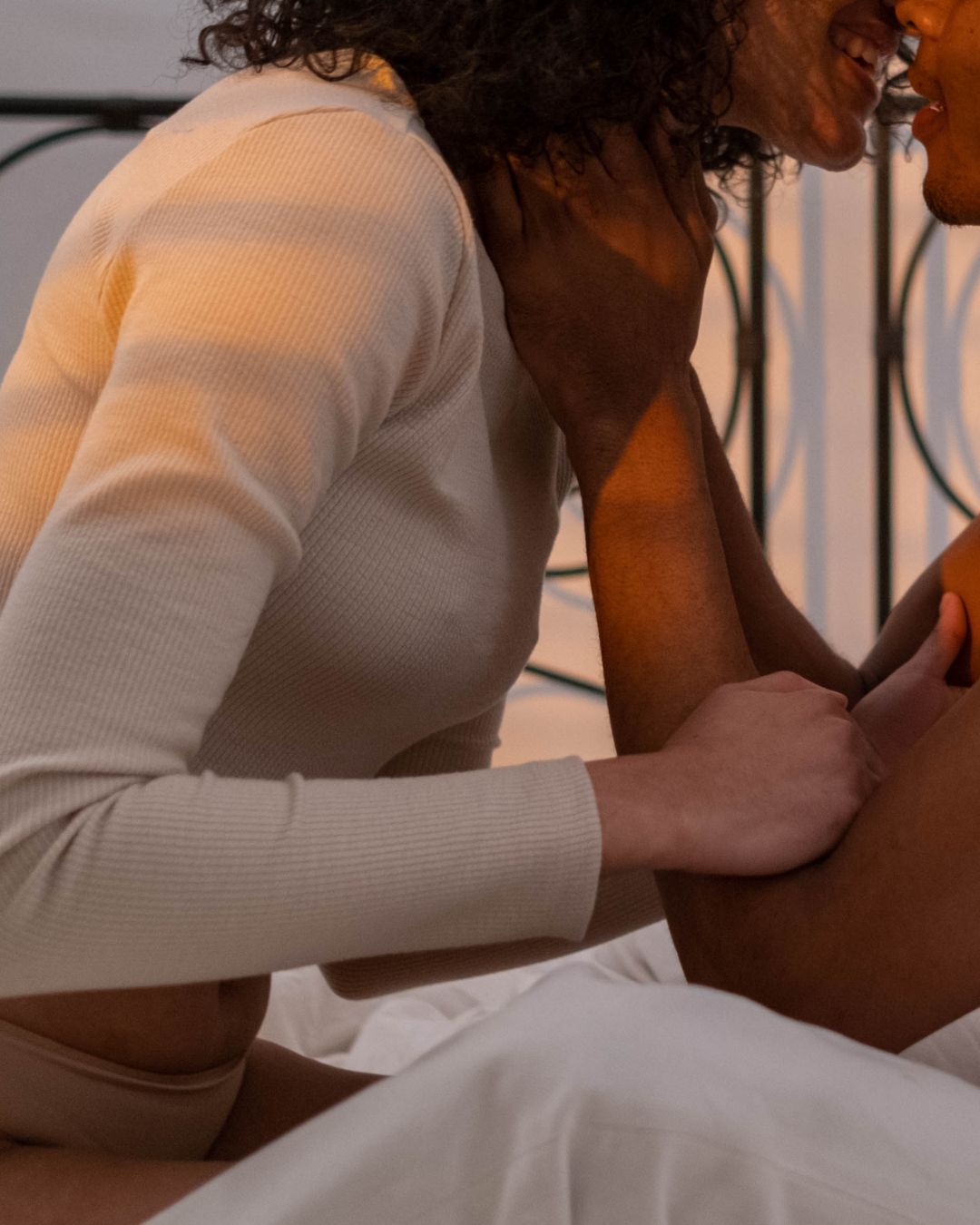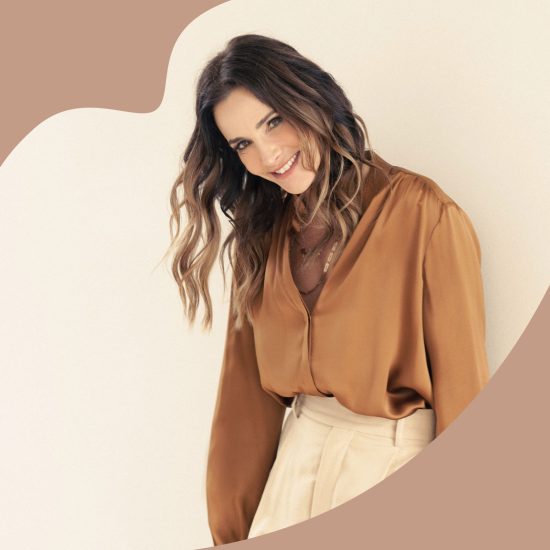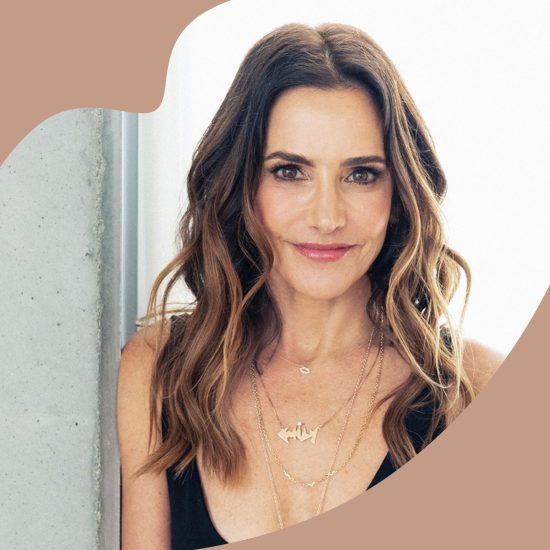We don’t always think about it this way, but sexual satisfaction is not something that magically happens. It’s built on understanding your body, exploring your sensations, and practicing how you respond to pleasure. Research shows that orgasm and arousal are biological, learned, and completely unique to each person. That means if things aren’t happening “automatically,” it doesn’t mean something is wrong. It just means you haven’t been taught how your body really works.
For Everyone: Own Your Pleasure
Let’s be real. If you’re having sex and not orgasming, it doesn’t mean your body is broken. For people with vulvas, most don’t orgasm from penetration alone and that’s completely normal. For people with penises, learning what kind of stimulation, rhythm, or context feels good can be just as important. No one’s body comes with a manual, and everyone’s pleasure is personal.
Learning your body means taking the time to explore what feels good, both alone and with a partner. Every nerve ending, from your genitals to your neck, inner thighs, and even scalp, can respond to touch, pressure, and rhythm. When you understand your sensations, you can communicate what feels amazing, guide your partner, and feel confident in your sexual experiences.
How to Explore and Learn Your Body
- Touch Yourself: Spend time discovering what types of touch, pressure, and speed work best for you.
- Use Tools if You Want: Vibrators or other toys aren’t just fun—they help you learn your body faster. (P.S. I’m a big fan of the LELO Switch. If you want to try it, use my code EMILY20 for 20% off.)
- Communicate with Partners: Share your discoveries. Showing someone how to pleasure you helps both of you enjoy sex more.
- Be Mindful: Slow down and pay attention to sensations. Go five times slower. Your nervous system responds best when you feel safe, relaxed, and present.
Your Brain is Key
Your brain is your biggest sexual organ. Desire, arousal, and orgasm start in your mind. Feeling safe, confident, and free from stress makes your body respond better. Science shows that stress hormones like cortisol can block arousal, which is why sex is harder when you’re anxious, distracted, or rushed.
When you own your pleasure, you also teach your partner how to help you feel good. That turns sex into a collaborative, fun, and satisfying experience instead of something that leaves you frustrated.
Shared Truths: Confidence, Curiosity, and Empowerment
No matter who you are or who you love, some truths are universal:
- Your pleasure is yours to discover. Learning your body is a skill, not a trait you’re born with.
- Communication is everything. Sharing what feels good makes sex more satisfying for both partners.
- Confidence grows with practice. The more you explore, the more comfortable and adventurous you’ll feel.
Great sex isn’t just about what happens in the bedroom. It’s about how you care for your body, understand your sensations, and communicate your needs. The more curious and confident you are in your own body, the more pleasure you can experience, and the more you can share that pleasure with a partner.
Because your body isn’t broken. It’s amazing. You just have to learn how it works.




